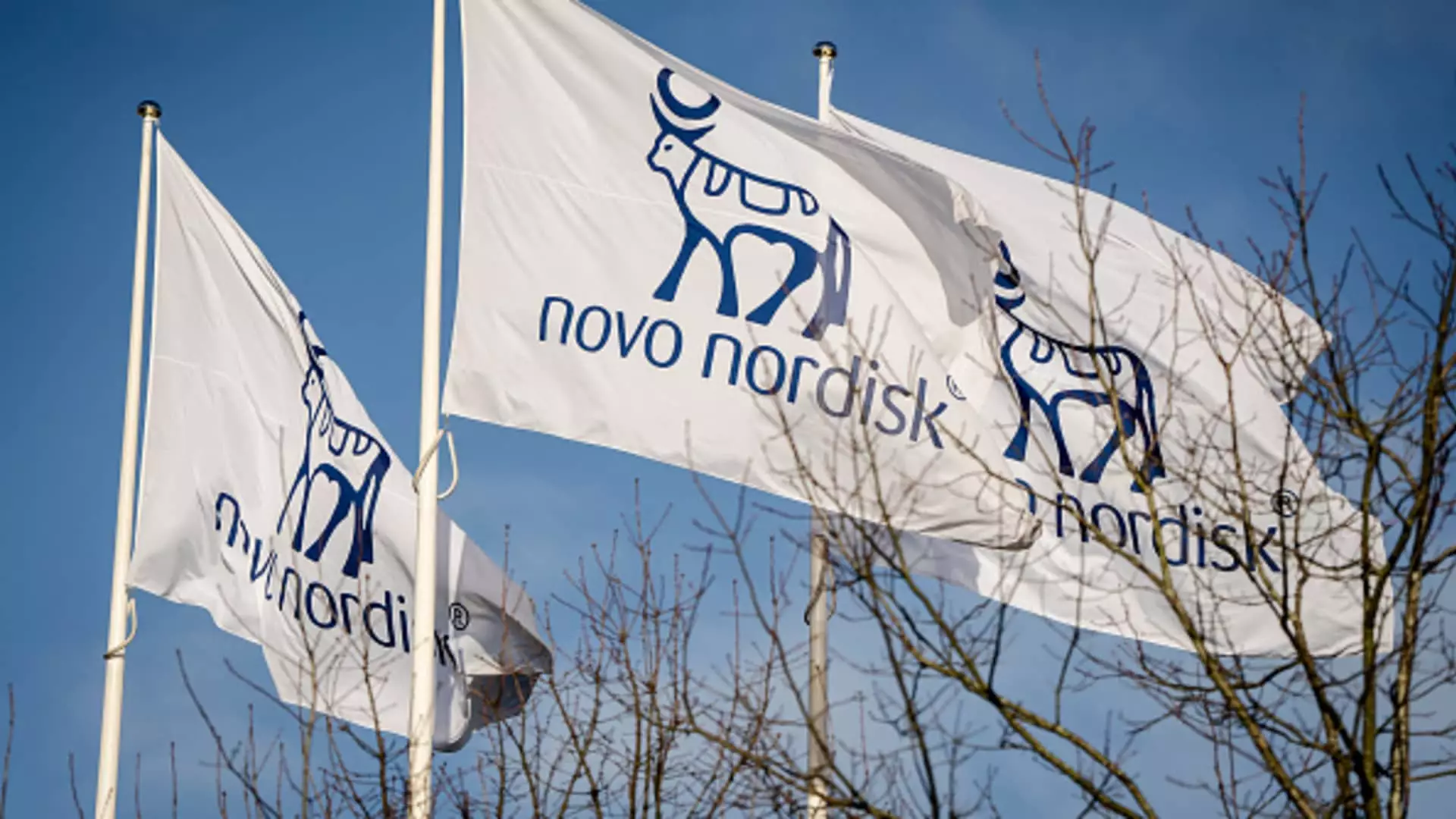In an age where convenience often trumps traditional methods, Novo Nordisk’s breakthrough drug Rybelsus is emerging as a beacon of hope for millions struggling with diabetes and cardiovascular issues. Recently presented at the American College of Cardiology’s Annual Scientific Session, the results of Rybelsus’s latest trial underscore its potential to revolutionize patient management. This once-daily oral medication, derived from the successful injectable Ozempic, is not just an alternative; it promises a dramatic shift in how patients approach their treatment. As the center-right ideology places individual choice at the forefront of healthcare, Rybelsus allows patients to opt for a non-invasive approach, ultimately empowering them to take charge of their health.
Cardiovascular Benefits that Speak Volumes
The data is both compelling and heartening: Rybelsus has been demonstrated to lower the risk of cardiovascular-related deaths, heart attacks, and strokes by an impressive 14% over an average span of four years. This significant reduction is not merely a number; it represents real lives saved and substantial improvements in the quality of life. For diabetic patients who continually wrestle with the daunting specter of heart disease, these results are a welcome relief. Stephen Gough, Novo Nordisk’s global chief medical officer, stated that the company is keen to expand Rybelsus’s approval to encompass cardiovascular risk mitigation—a move that will undoubtedly solidify its place as an essential medicine in the diabetic regimen.
Furthermore, the trial, which analyzed the outcomes of over 9,600 patients aged 50 and older, revealed that patients on Rybelsus exhibited a 26% lower risk of non-fatal heart attacks. Such statistics are not only encouraging but critical to understanding the holistic impact of the medication. In an interconnected healthcare landscape, these results could lead to significant cost savings for healthcare systems burdened by chronic disease management.
Breaking Down Hesitations: The Power of Oral Medication
One of the most significant barriers to medication adherence is the method of administration. Many patients harbor an intrinsic fear of needles, causing them to avoid effective treatments altogether. Rybelsus directly addresses this conflict by offering an oral alternative that can be seamlessly integrated into daily life. Gough notes the importance of choice in treatment options, which is vital in patient-focused care. By elevating oral medications to the same stature as traditional injections, Novo Nordisk is dismantling outdated attitudes that often hinder healthcare outcomes.
Moreover, as competitors like Eli Lilly rush to develop similar oral GLP-1s, Novo Nordisk demonstrates not only the efficacy of Rybelsus but also the company’s forward-thinking approach to patient care. In a political climate often divided on healthcare issues, this adaptability represents a significant leap toward a more inclusive system, supporting the notion that patient choice ultimately fosters better health.
Safety Profile: Addressing Potential Concerns
With any new pharmaceutical product, concerns regarding side effects are always paramount. The trial for Rybelsus reported gastrointestinal issues like nausea and constipation as the most prevalent side effects, but these were mild and did not lead to a significant number of discontinuations. The reassuring aspect of these findings lies in their consistency with the side effects observed in other GLP-1s, suggesting that patients may experience a familiar safety profile without the fear of unexpected complications.
It is imperative to note that while the trial refrained from placing emphasis on kidney function outcome comparisons, Gough highlighted this as a focused look into cardiovascular benefits. Thus, Rybelsus may still provide advantageous effects for renal health, which is critical for diabetic patients who are prone to related complications, although this remains an area for further exploration.
Real-Life Implications: A Testament to Shared Decision-Making
The findings from the Rybelsus study are significantly timed, showcasing the urgent need for options that fit into the lives of everyday patients. Health care professionals can leverage these results to engage in joint decisions with patients regarding their treatment journey. The cultural shift toward shared decision-making recognizes that patients are best equipped to make choices concerning their own health, highlighting a center-right liberal perspective that champions autonomy.
This is not a trivial point; the capacity for patients to dictate their treatment choices effectively empowers them in their healthcare journeys. As oral medications become more prevalent in diabetes care, the conversation will undoubtedly shift toward patient preferences, marking a much-needed departure from standardized treatment protocols that often leave many feeling powerless.
The promise of Rybelsus represents a remarkable advance in the realm of diabetes and cardiovascular care. From providing encouraging data on cardiovascular benefits to eliminating the intimidation of injections, this innovative medication encapsulates a progressive step forward in delivering patient-centered healthcare.

